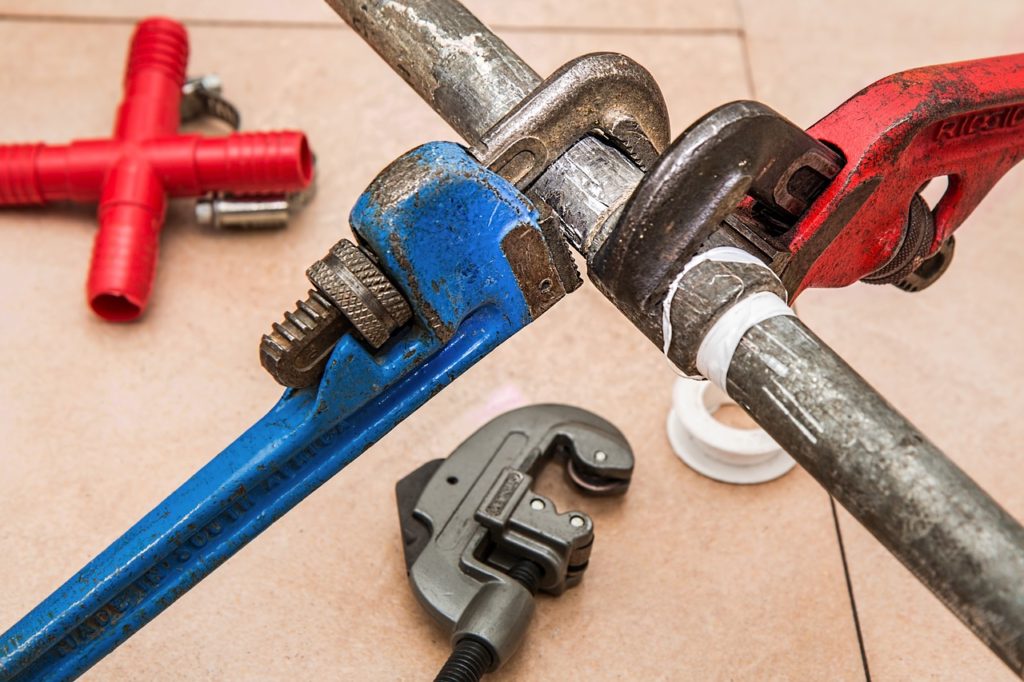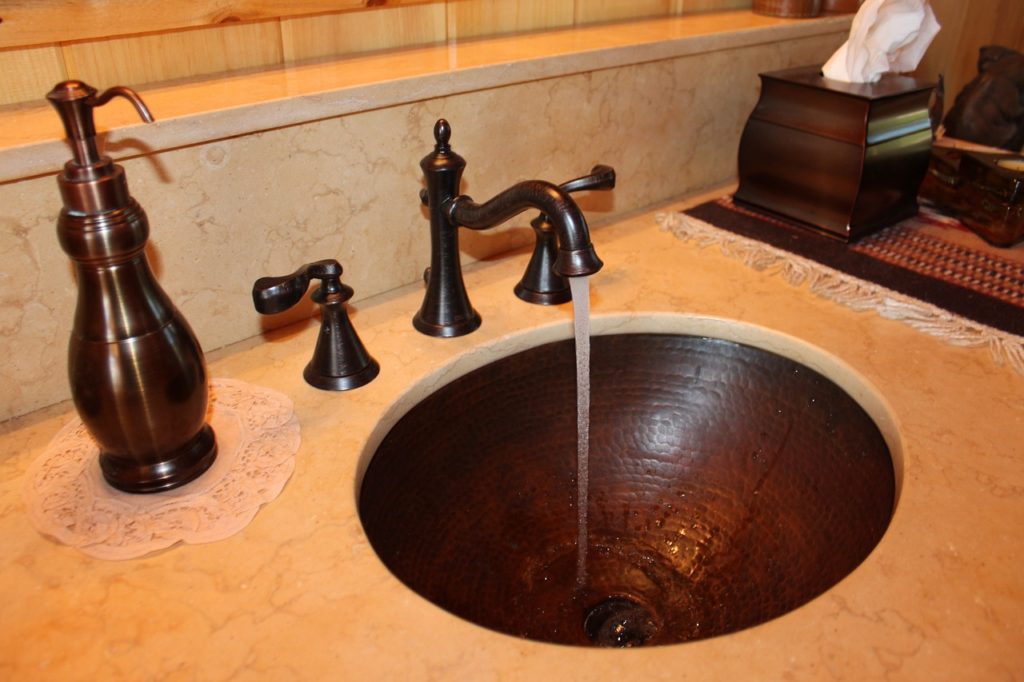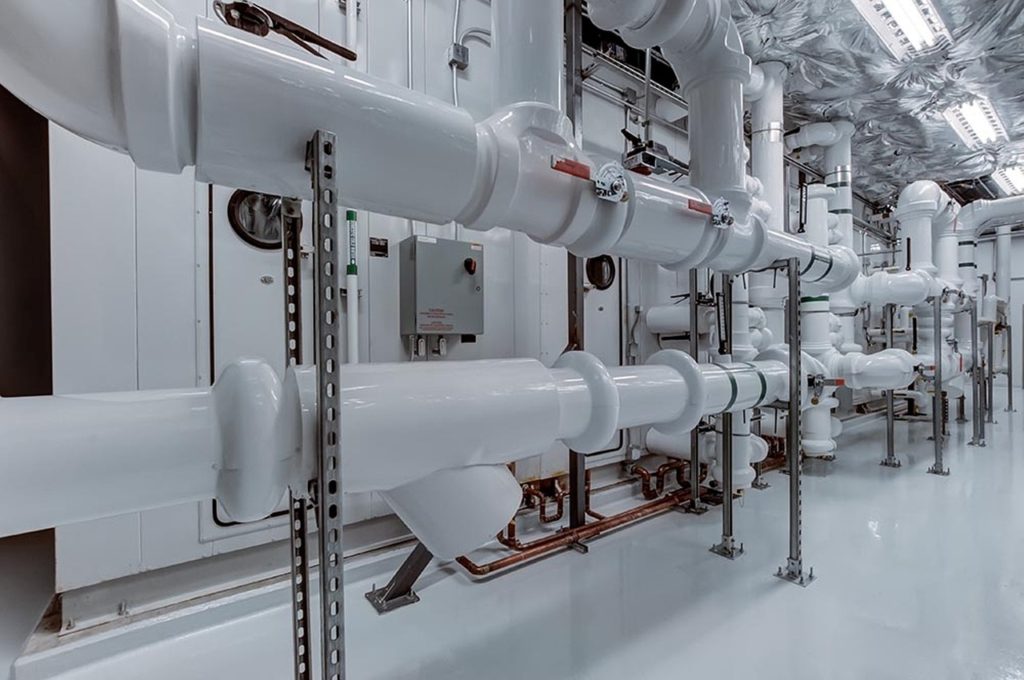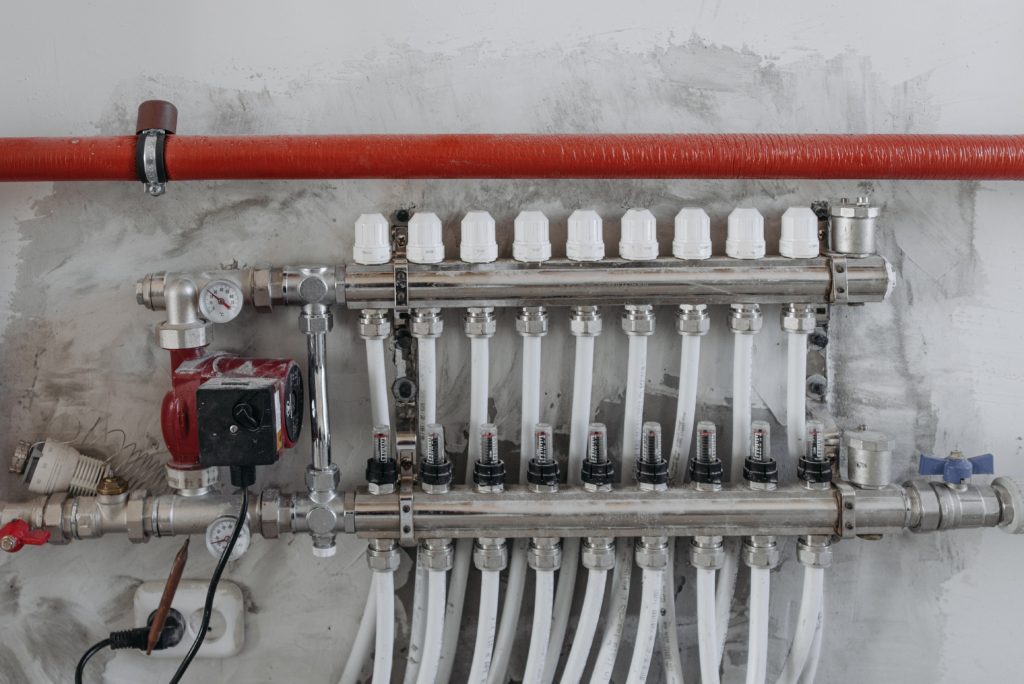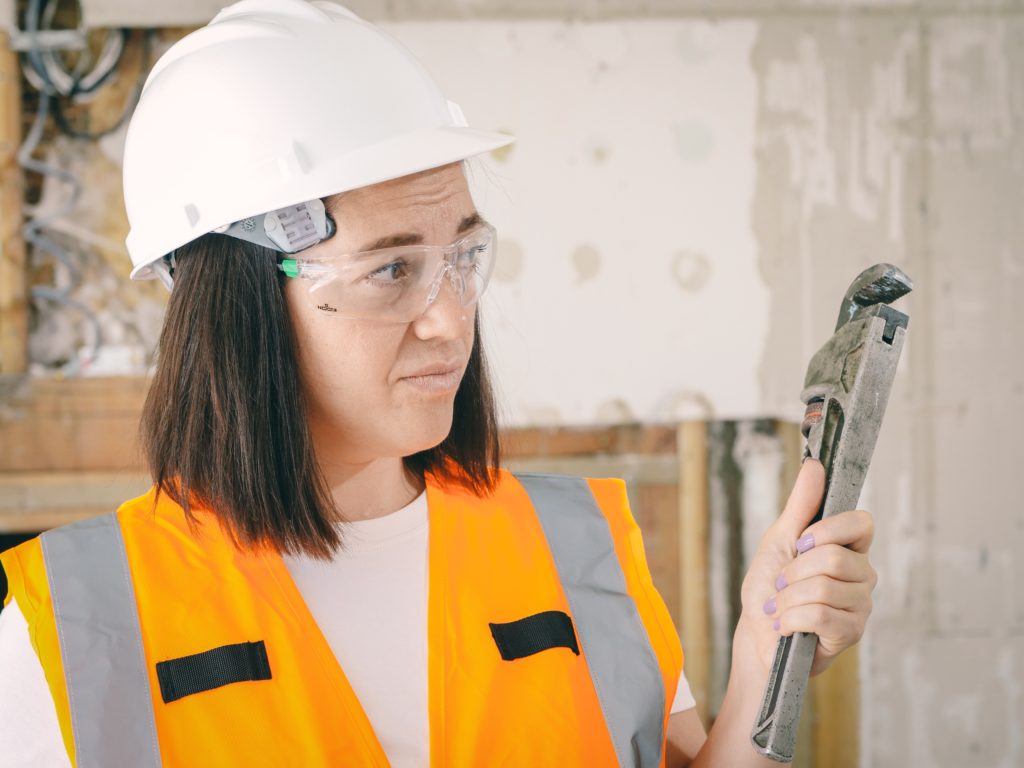Educate
Educate Household Members: Teach everyone in your household about proper plumbing practices, such as not using toilets as garbage cans, avoiding excessive force when turning faucets off, and being mindful of what goes down the drains.
By being proactive and implementing preventive measures, you can significantly reduce the likelihood of encountering common plumbing issues in your home. However, plumbing issues can arise unexpectedly, causing inconvenience and potential damage to your home.

